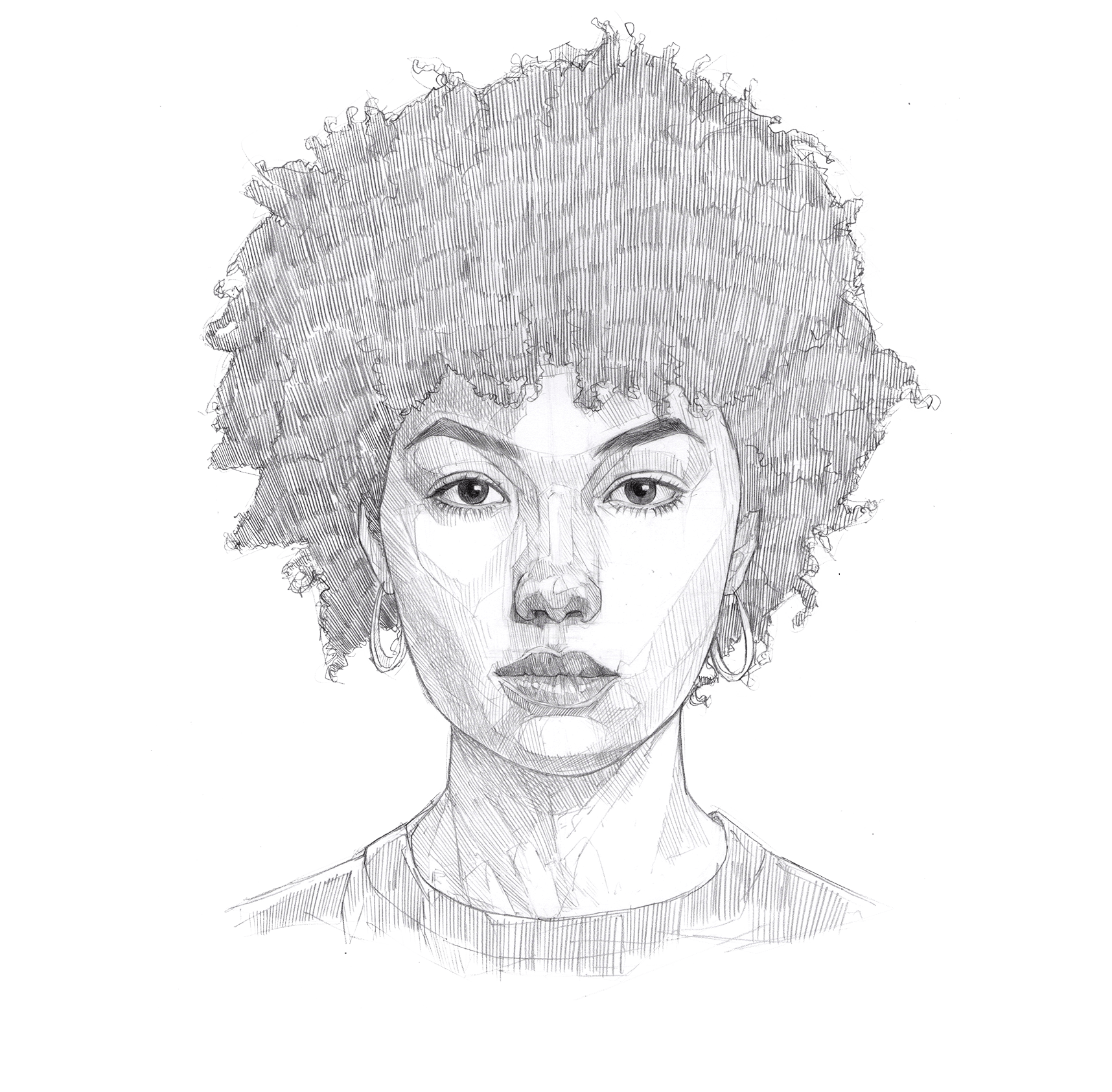SMU
I think that might be one of the reasons why [victim/survivors don’t come forward] and well, someone who goes through that, I feel like the last thing they want to do is to have to…
I would advise them [university staff who work with SV/SA policies] to be more considerate of other cultures and their traditions. Like, some things that happen here, we may not think that it’s inappropriate, but…
If you decide to report, it says here about the support you get, and all the accommodations, and it says what the person who did the sexual assault is gonna get, like, a suspension, probation…
I think something that I would advise is to make the policy more reachable, the whole topic itself, because it’s not the same- for example, imagine that you are in a situation and you are…
My first one is, who creates the policy? Um, there’s been a lot of debate at Saint Mary’s about who should actually be creating the policy and like, is this group pre-made? Does it pop…
Participant 1: I think it definitely reflects more of an institutional concern, like we discussed before, the policy is not really great for accessibility or understanding for students, especially a student in crisis. Just in…
Participant 1: [Laughs] The sexual violence response team creates the policy, and the sexual violence response team also happens to be the people that enforce the policy. Um, so, it’s bad- you can’t write the…
[Since] 1990, the entire world has changed a our policy has not. Comparing it to even to other schools, like, Dalhousie and St. FX, like, their policies are quite expansive and cover a lot of…
It’s really frustrating as a student, because, it feels like they’ve, they put a brick wall between us and that policy. It feels like they’re trying to put every single barrier that they possibly can…
I think men, overall, might be more dismissive of sexual violence policies, because sexual violence is often seen as a women’s problem. Um, so, men, like, sexual violence, would never be something that they would…

